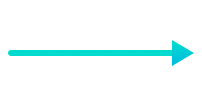
 Terminal symbol in flowchart of programming" width="202" height="106" />
Terminal symbol in flowchart of programming" width="202" height="106" />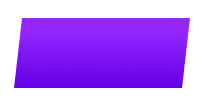
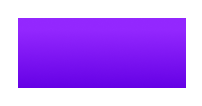
 Decision making symbol in flowchart of programming" width="202" height="106" />
Decision making symbol in flowchart of programming" width="202" height="106" />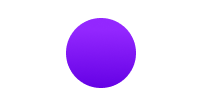
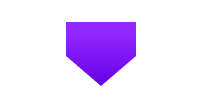
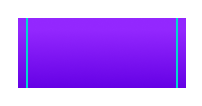
A flowchart is a diagrammatic representation of an algorithm. A flowchart can be helpful for both writing programs and explaining the program to others.
| Symbol | Purpose | Description |
|---|---|---|
 | Flow line | Indicates the flow of logic by connecting symbols. |
 Terminal symbol in flowchart of programming" width="202" height="106" /> Terminal symbol in flowchart of programming" width="202" height="106" /> | Terminal(Stop/Start) | Represents the start and the end of a flowchart. |
 | Input/Output | Used for input and output operation. |
 | Processing | Used for arithmetic operations and data-manipulations. |
 Decision making symbol in flowchart of programming" width="202" height="106" /> Decision making symbol in flowchart of programming" width="202" height="106" /> | Decision | Used for decision making between two or more alternatives. |
 | On-page Connector | Used to join different flowline |
 | Off-page Connector | Used to connect the flowchart portion on a different page. |
 | Predefined Process/Function | Represents a group of statements performing one processing task. |
1. Add two numbers entered by the user.
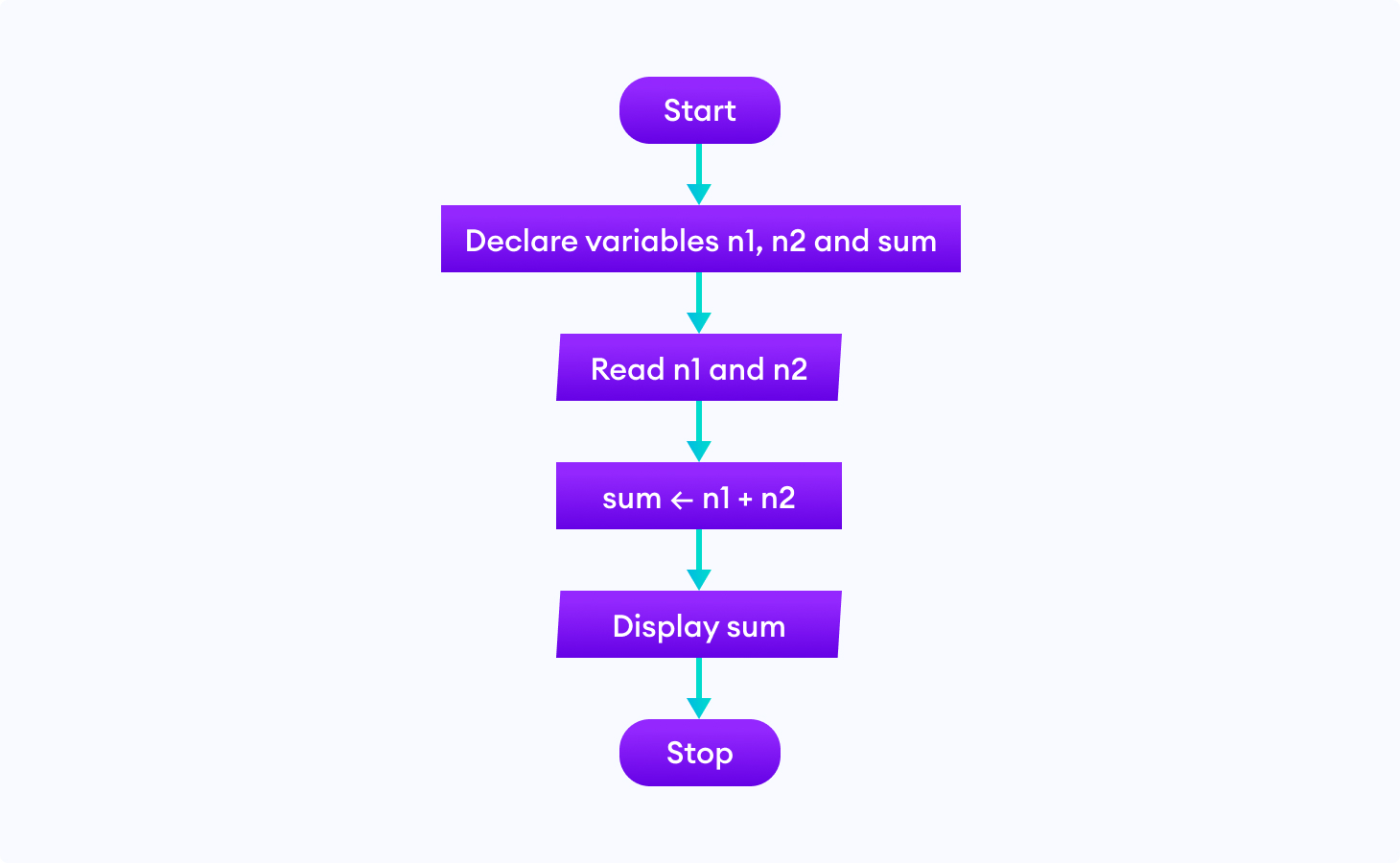
2. Find the largest among three different numbers entered by the user.
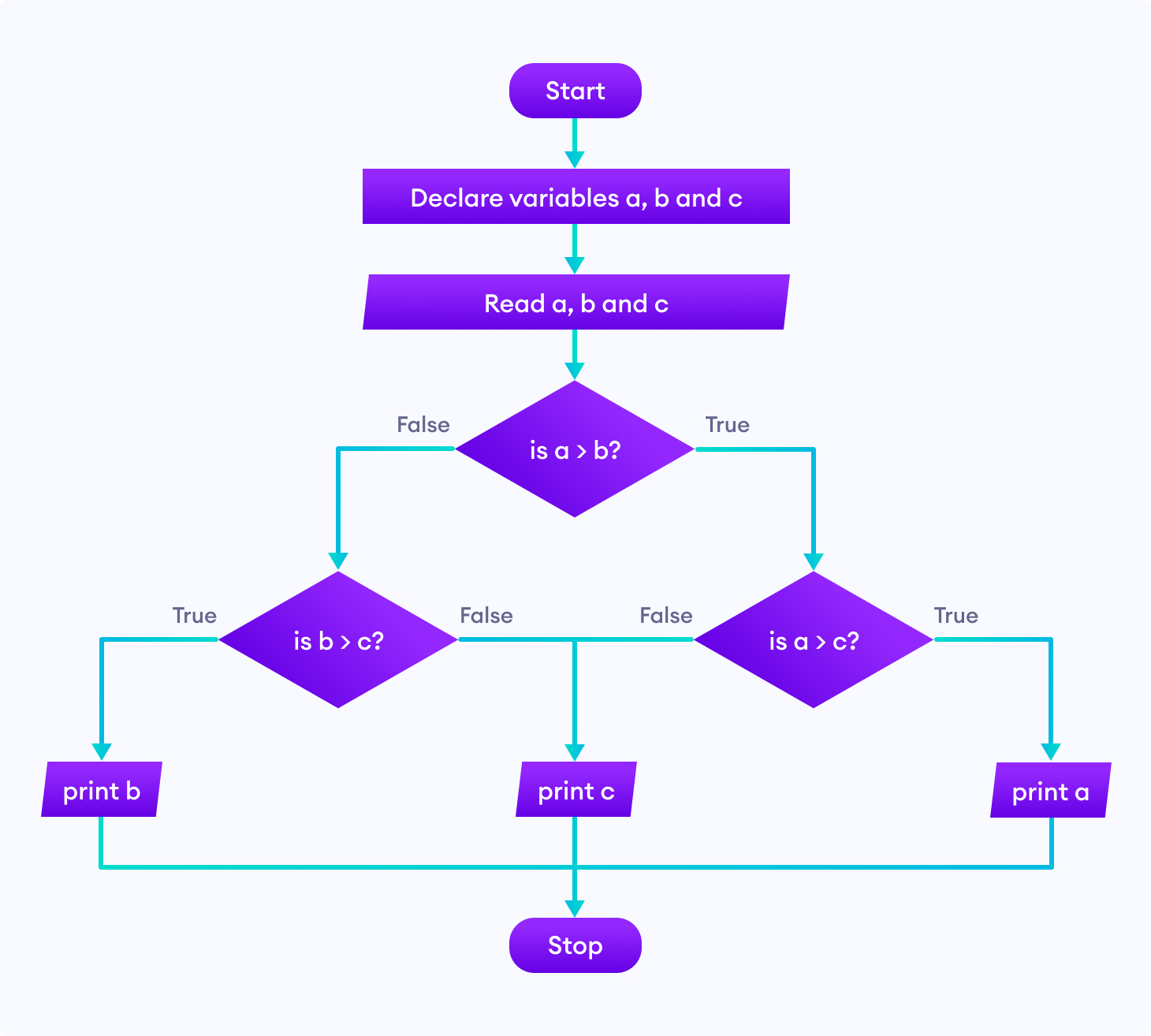
3. Find all the roots of a quadratic equation ax 2 +bx+c=0
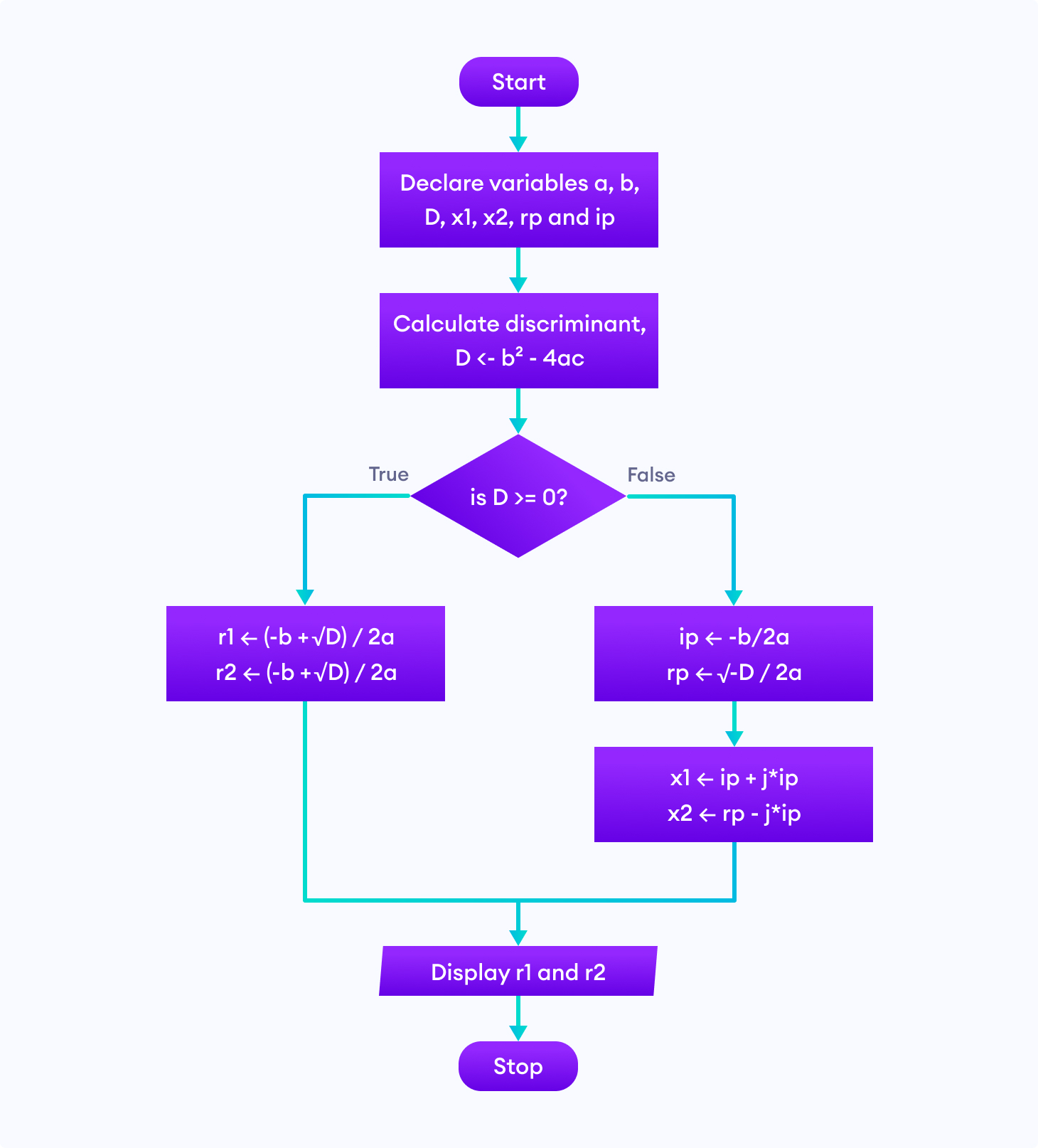
4. Find the Fibonacci series till term≤1000.
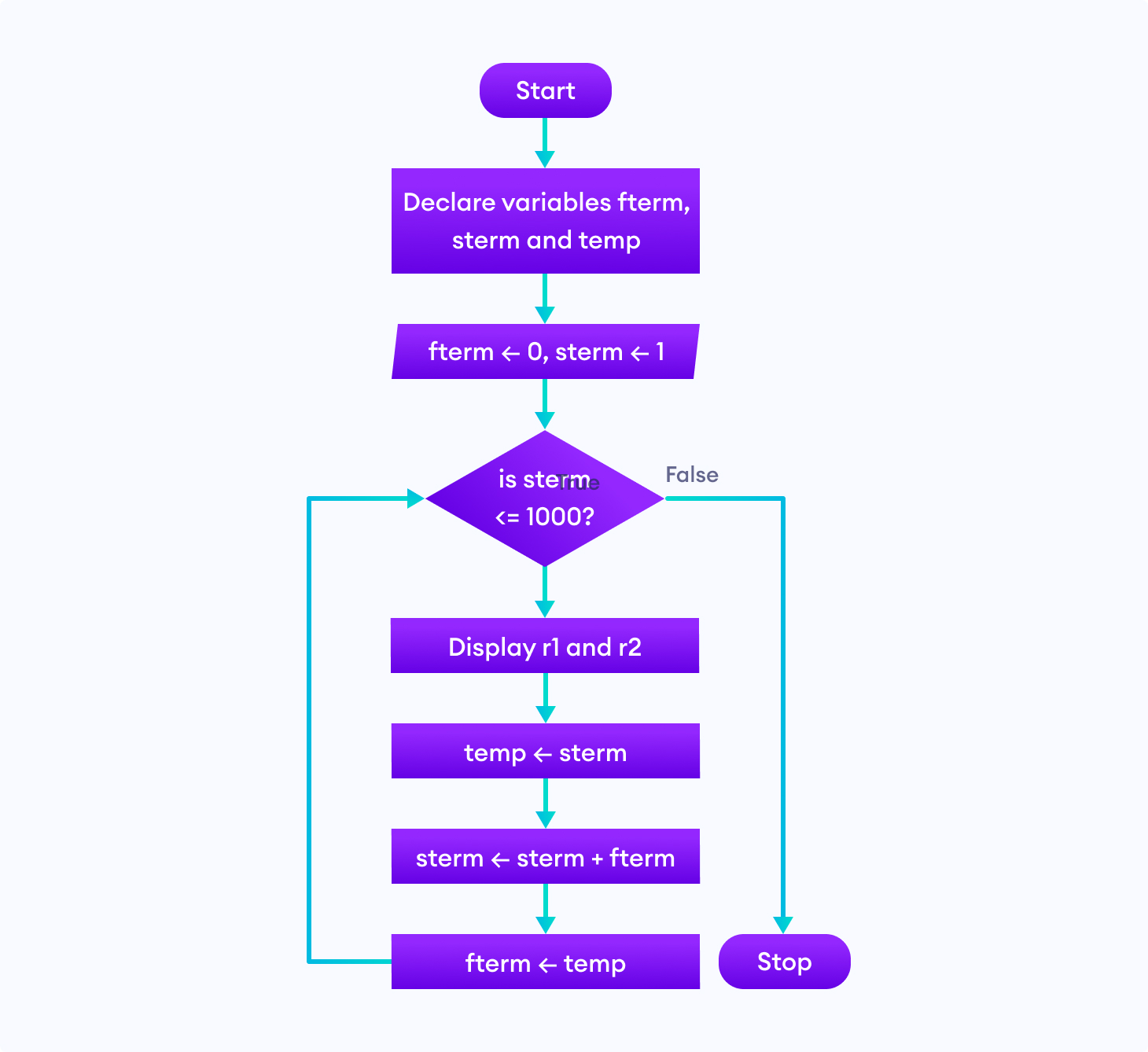
Note: Though flowcharts can be useful for writing and analyzing a program, drawing a flowchart for complex programs can be more complicated than writing the program itself. Hence, creating flowcharts for complex programs is often ignored.